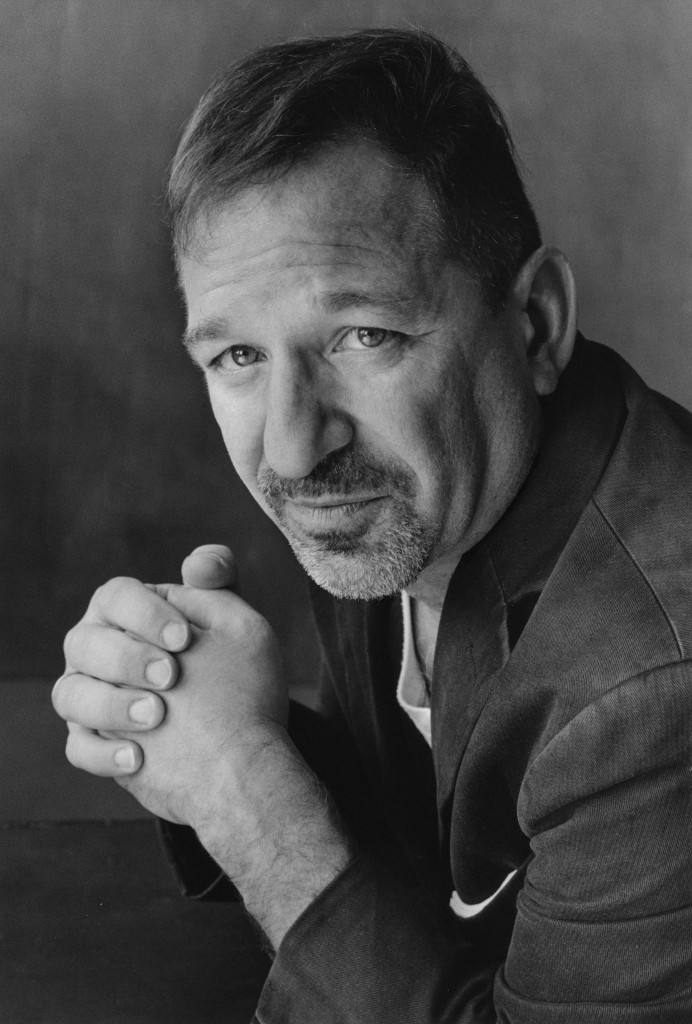Page 385 • (12,464 results in 0.071 seconds)
-
Why Study Health Sciences?The pre-professional program at PLU is a course of study (not a major) that prepares you for admission into a professional school or training program following your undergraduate study. Except for pre-physical therapy, there are no specific pre-professional majors at PLU. You would not major in pre-medicine or dentistry or the like. Rather you should select a major which best matches your interests and talents, and which best prepares you for your career choices
-
Chapter 2 In addition to what has been already said of Catherine Morland’s personal and mental endowments, when about to be launched into all the difficulties and dangers of a six weeks’ residence in Bath, it may be stated, for the reader’s more certain information, lest the following pages should otherwise fail of giving any idea of what her character is meant to be, that her heart was affectionate; her disposition cheerful and open, without conceit or affectation of any kind—her manners just
-
Faculty Research InterestsStudents are encouraged to do research with a faculty member during their undergraduate experience at PLU. Check the Natural Sciences website for more information about the Undergraduate Research summer program.Ann Auman I am a microbial ecologist interested in studying microbial communities in natural environments with the goals of understanding how the microbes are contributing to global processes and what products these microbes may be making that may be of
-
September 3, 2009 A PLU graduate reflects on his time abroad I sat in one of my first classes at the University of Westminster in London flummoxed. It was days since the terrorist attacks of Sept. 11, and a European student sitting in the back of the lecture hall raised her hand and put forth to our professor: “What happened in New York and Washington, D.C., is horrible, but didn’t the United States kind of have it coming?” In hindsight, I chuckle at how stunned and offended I was to hear such
-

David Biespiel Poetry Website: http://atticinstitute.com/ Biography Biography David Biespiel is a contributing writer at The Rumpus, Partisan, American Poetry Review, Politico, New Republic, Slate, Poetry, and The New York Times, among other publications. He is the author of numerous books of poetry, most recently Charming Gardeners and The Book of Men and Women, which was chosen one of the Best Books of the Year by the Poetry Foundation and received the Stafford/Hall Award for Poetry. His
-
burgeoning field that go to root principles. And if the basic concept itself is fuzzy, the core principles are also up for debate. Just a decade ago, a precise definition of “global health” was perhaps not so critical. In the late 1990s, global health was largely defined, by default, as whatever was being done by the World Health Organization, UNICEF and the few other organizations working internationally on matters of public health. Global health was about getting kids in poor countries vaccinated
-

, readings and other creatively immersive activities. The 10-day workshop, the annual summer residency of Pacific Lutheran University’s Master of Fine Arts in Creative Writing program, is known and respected for its innovative programming, which helps writers generate—and answer—deep questions about poetry, fiction, creative nonfiction … and their own aspirations. As vital as the students are to the program, though, they’re just part of the bigger RWW story. There’s also an outward, public component, too
-
Section 1. BACKGROUND Copyright law, current thinking and practice related to intellectual property rights, and even local computer use policies are constantly changing. Given this swirl of law, practice, and policy, engaging in scholarly or instructional activity while maintaining academic integrity and respecting the property of others can be quite a challenge, indeed. An exhaustive statement on copyright law is not possible here, so some general concepts and rules of thumb are presented
-
This event is canceled. The 46th Annual Walter C. Schnackenberg Memorial LectureLandscapes of Construction and Extinction: Art & Ecology in the Americas from Alexander von Humboldt to Roberto Burle MarxDr. Edward J. Sullivan is the Helen Gould Shepard Professor of the History of Art at New York University’s Institute of Fine Arts, where he also serves as Deputy Director of the Institute. Dr. Sullivan has had a long career as both an academic and an independent curator of exhibitions dedicated
-
-bar mowers, or mowers designed for commercial use. All power-driven chains, shafts, belts, gears, nip / pinch points and any exposed components hot enough to cause burns must be positioned or otherwise guarded to prevent the operator’s accidental contact, during normal starting, mounting, and operation of the machine. A shutoff device must be provided to stop operation of the motor or engine. This device must require manual and intentional reactivation to restart the motor or engine. All positions
Do you have any feedback for us? If so, feel free to use our Feedback Form.


